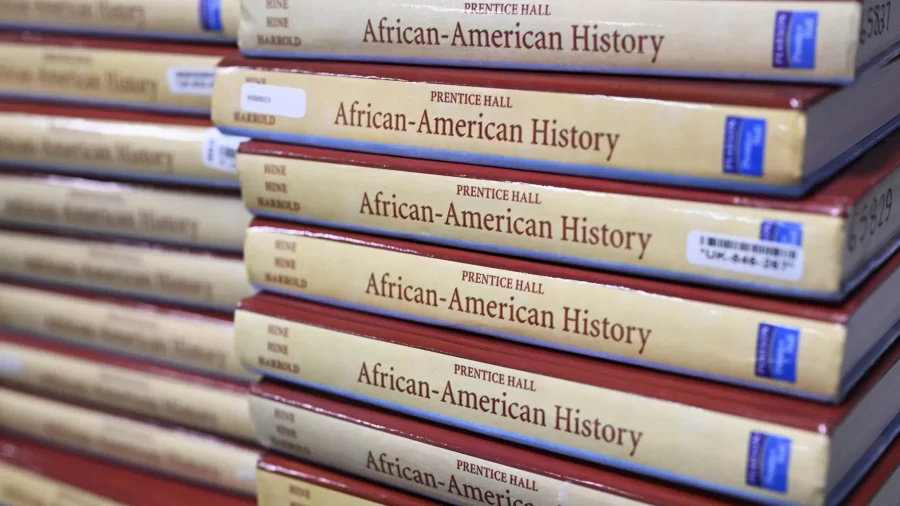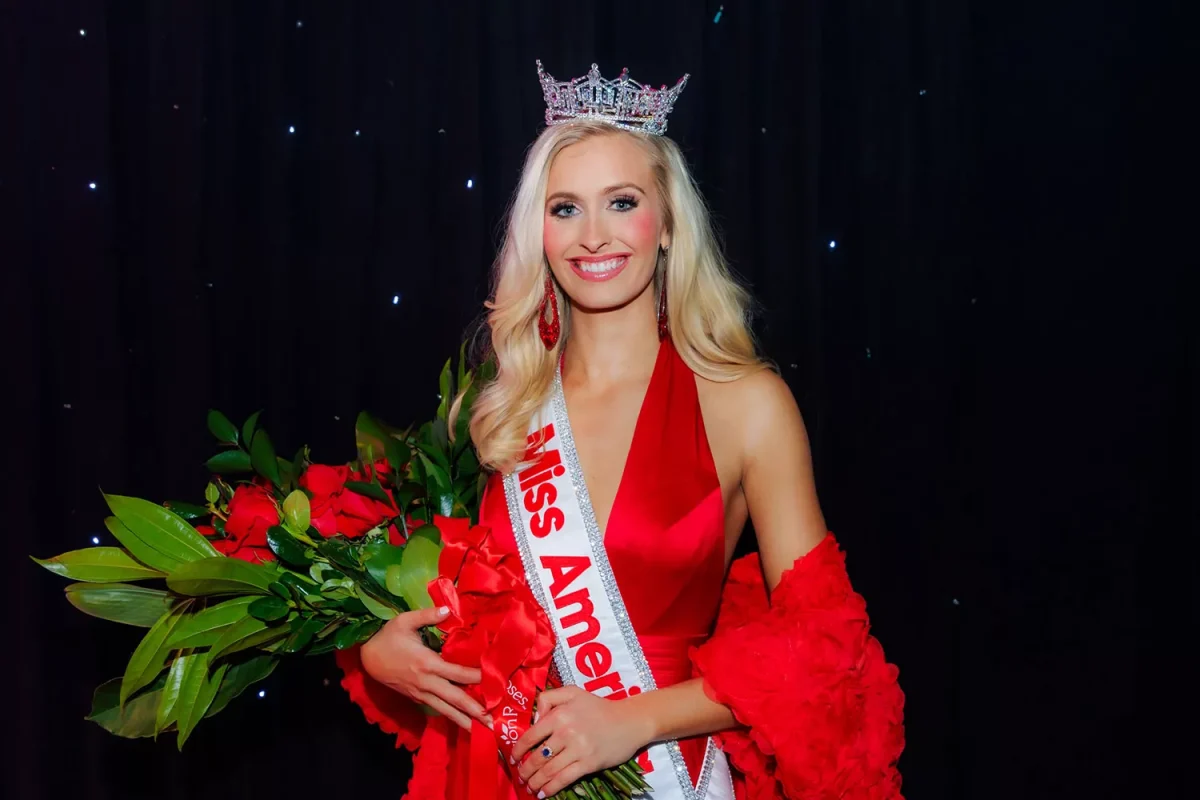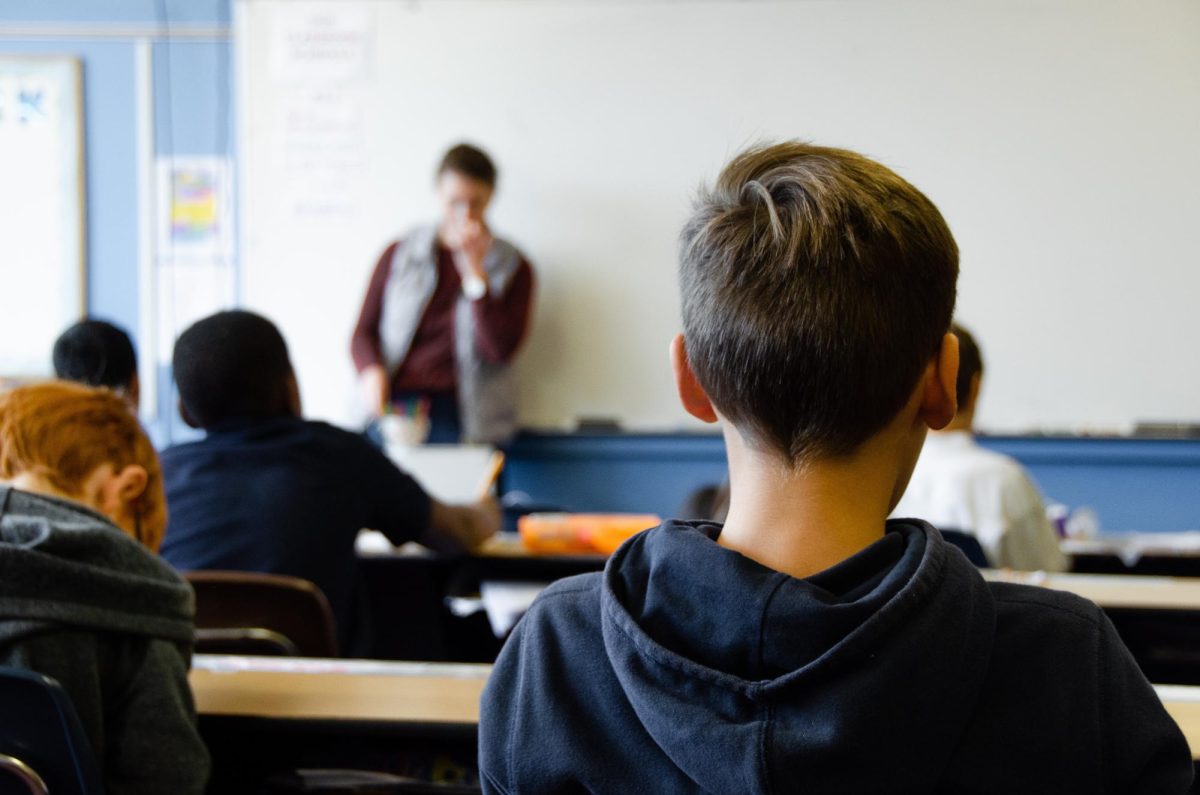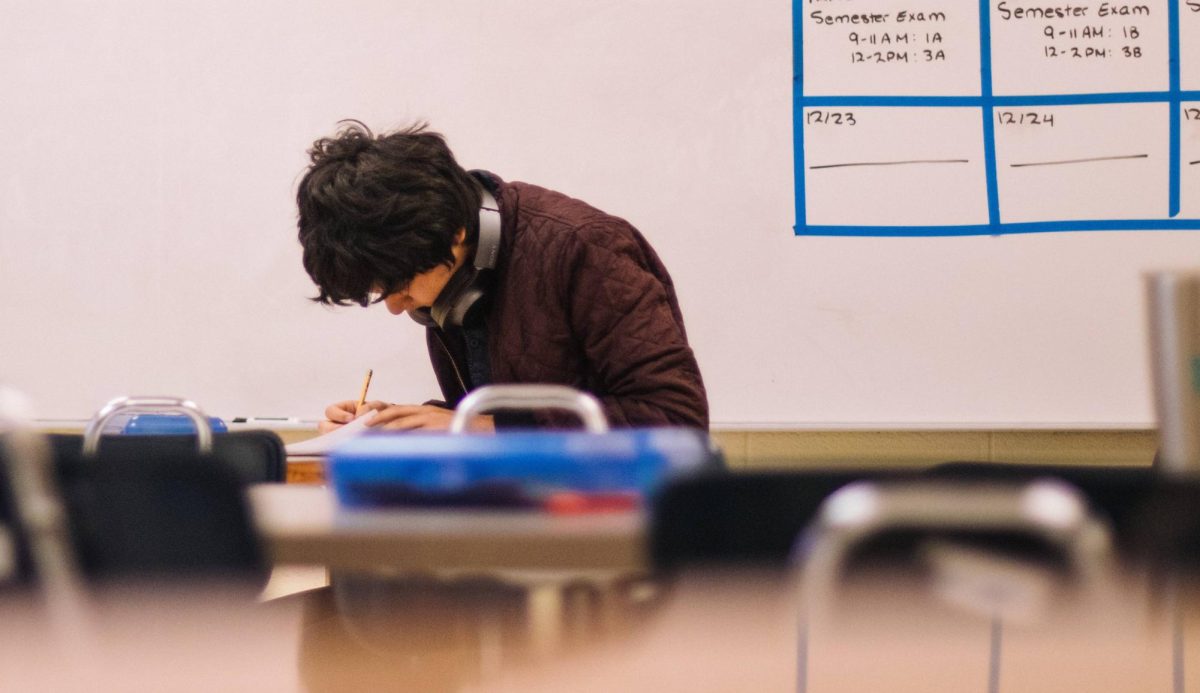Student Press Freedom Day, taking place on Feb. 22, commemorates the long fight for journalistic freedoms and celebrates the rights of student journalists.
Student Press is important because it protects student journalists from unjust censorship.
Students freedom of speech coming into question isn’t a new topic, however. One of the earliest examples of it reaching the judicial level comes from the Tinker v. Des Moines case.
Tinker v. Des Moines was the first court decision acknowledging the first amendment rights of American students. It was born from Des Moines ISD’s intrusions on students freedom at the peak of the Vietnam war, when students planned to wear black armbands in protest.
When the administration got word of their plan, they threatened suspension to those who wore armbands. This angered students and parents who took legal action, resulting in the Supreme Court’s decision that students don’t “shed their constitutional rights to freedom of speech or expression at the schoolhouse gate.”
This was a very progressive step for student journalism that would end up being overturned with Hazlewood v. Kuhlmeier.
The Hazelwood v. Kuhlmeier was a notorious decision made by the Supreme Court that allowed school administration to censor journalists if they had “legitimate pedagogical interests.”
The problem with these supposed “legitimate pedagogical interests,” are that they are vague and can be twisted by administration in order to effectively censor student voices if found unflattering.
Hazelwood is a law that gets away with dampening students first amendment rights as journalists, fear mongering cooperation to avoid administrative consequences, and thus should be overturned.
To fight this imbalance in first amendment rights, The Student Press Law Center has come together to attempt to pass the New Voices Act, protecting student journalists and undoing the effects of the Hazelwood v. Kuhlmeier court decision.
This must be achieved in order to have a truly unbiased news source, free to commend or critique school administration and provide information to their communities, something incapable under the umbrella of “legitimate pedagogical interests.”
Having censorship acceptable at high school and college level journalism leads students to accept later intrusions of their freedom of speech, creating a generation of those susceptible to having their rights taken advantage of.
The court’s decisions with Tinker and Hazelwood highlight the constant fight student journalists deal with for what shouldn’t be a question to begin with.
In order to overthrow Hazelwood v Kuhlmeier, we need to support New Voices Texas and their fight to have Texas be the 18th state to pass the New Voices Act.














